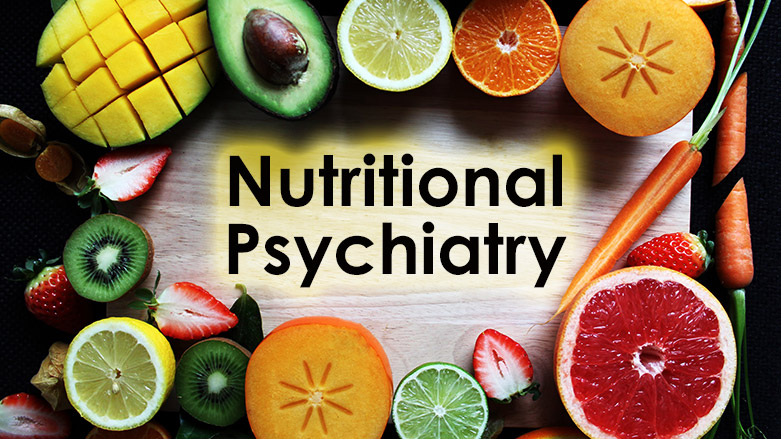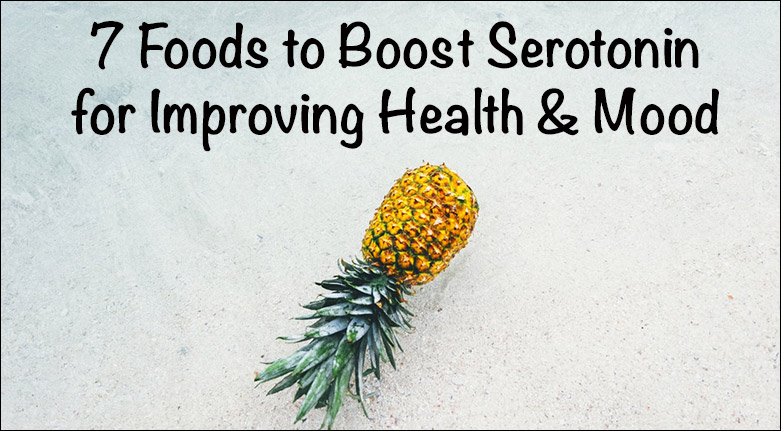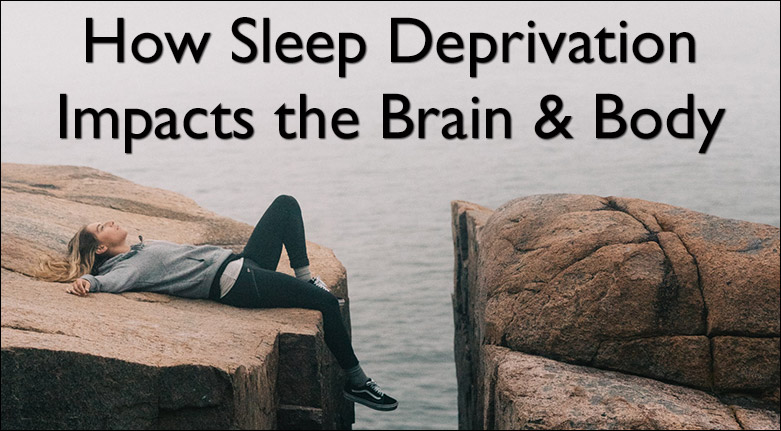Mental health awareness is finally on the forefront of minds everywhere and it is the foundation of human behavior. It affects every move people make, as well as what they say and how they think.
We are now beginning to understand just how much nutrition dramatically affects mental health.
Choosing the right food for the brain and gut health is essential to proper brain function, and Nutritional Psychiatry is leading the charge for much of this newfound awareness.
What is Nutritional Psychiatry?
Nutritional Psychiatry is the scientific study of how nutrition affects mood, behavior, and mental health. What people put in their bodies, their food choices and drink choices, profoundly impact how their brain functions – therefore changing their actions, words, feelings, and moods.
Studies show that nutrition, whether it be proper or improper in form, affects the brain in so many different ways, such as:
- Mood
- Stress Levels
- Inflammation in the Body
- Energy Levels
- Sleep Quality
- Brain Function
- Behavior
- Depression and anxiety
The misdiagnosis of mental conditions is quite common in the world today, and unfortunately many people suffer because of this, and don’t get a chance to experience life to their full potential.
Often times, people visit their doctor, tell them their symptoms, and walk out with a misdiagnosis for ADHD, bipolar disorder or some other similar conclusion. Thanks to Nutritional Psychiatry, we’re finding out it’s quite typical that poor nutrition is to blame for an improperly functioning brain.
The Gut-Brain Connection to Mental Health
Believe it or not, there are significant mental health connections between the gut and the brain.
When a person eats a full meal or even asnack, the food is digested and broken down into nutrients that travel through the bloodstream and make their way throughout the body’s systems. If a person eats food that has minimal or poor nutrients, these bad nutrients also make their way to the body’s systems via the bloodstream – affecting them in harmful ways.
The neurotransmitter Serotonin is responsible for regulating mood, appetite, sleep, and even pain in the body. Approximately 95% of serotonin is produced in the gut and gastrointestinal tract, and is heavily influenced by bacteria in the body’s microbiome.
Good microbiome bacteria protect the intestines, reduce inflammation, and increase nutrient absorption. Bad bacteria, on the other hand, create a toxic environment that increases inflammation and negatively impacts digestion and the flow of nutrients to the brain.
Therefore, proper nutrition is crucial for the body and brain – both mentally and physically. When people eat according to their emotions as a way to cope with stress, anger, or sadness, their taste buds usually crave fatty, sugary foods, also known as “comfort foods.”
Numerous studies have shown that regularly eating sweet foods can cause an addiction to them in the brain that surpass even addictions of the drug cocaine. Sugar stimulates the brain and causes it to release “feel good hormones,” that appeal to the brain like a drug.
Many of the nutritional studies are truly eye opening and reveal a variety of reasons why people should be concerned with the nutrients they put in their bodies. Any unhealthy habits, like drinking excessive amounts of alcohol or indulging in overly-processed junk foods, greatly upsets the balance of gut bacteria and the micobiome.
When bacteria in the gut are out of balance, it can lead to serious problems with cognitive functioning, mood, and “brain fog.”
5 Foods to Improve Mental Health
Luckily, there is an abundance of mental health-boosting food available to restore the gut and overall brain functioning to enhance mood and instill a positive outlook on life in general.
Here are five foods that are proven to improve mental health:
1. Omega-3 Foods
Foods rich in Omega-3s include fish, flaxseed, nuts, avocado, and olive oil. These foods are known for their “good fat” content and help with cognitive functions such as thinking, speaking, and motor skills.
2. Leafy Greens
Leafy greens found in the form of spinach, bok choy, cabbage, kale, collard greens, and lettuce, these foods are rich in essential vitamins and minerals – specifically vitamin D and B – both of which can greatly improve mental health.
Leafy green foods also help flush the body of harmful toxins and reduce water retention.
3. Whole Grains
When it comes to whole grain foods, choose brown rice, brown pasta, and buckwheat over their processed or bleached, white counterparts. These foods provide the body with iron for increased energy and fiber for improving digestion.
Whole grain foods also digest more slowly and have additional health benefits not found in processed-grain foods.
4. Lean Meat
Lean meats like chicken and turkey without the fat are great sources of protein. Protein is yet another essential nutrient that significantly improves mental health.
Eating protein also helps keep the stomach fuller longer, curbing those unhealthy snack cravings.
5. Active Cultures
Yogurt, kombucha, kimchi, apple cider vinegar, and other active culture or fermented foods help provide the gut with good bacteria.
Balancing out the bad bacteria with good bacteria is a smart way to enhance brain function, while settling an unruly stomach after a bout of unhealthy foods.
The Goal of Nutritional Psychiatry
One of the main goals of nutritional psychiatry is to consider what a person eats and how it positively or negatively affects their mental health. We already know that food is medicine, and eating the right kinds of food can improve physical and mental health.
For people engaged in therapy for dual diagnosis treatment issues like addiction, depression, anxiety, PTSD, or other mental illnesses, cognitive therapies and medication can provide for success in treatment outcomes, but that might not be enough.
It’s important to take a holistic view of a person’s root causes of their issues as well as treatment methods, and consider all possible inputs, including food and nutrition.
Many times, poor nutrition is the missing piece of the puzzle that must be included along with cognitive therapies to ensure treatment will be successful.
Nutritional psychiatry is still in its infancy when compared to other treatment modalities for mental health, but in the short time it has been around, it has already made an impact and is quickly gaining recognition for its effectiveness.







